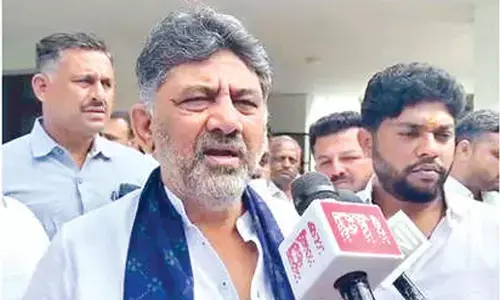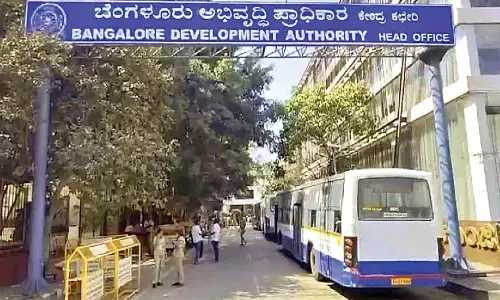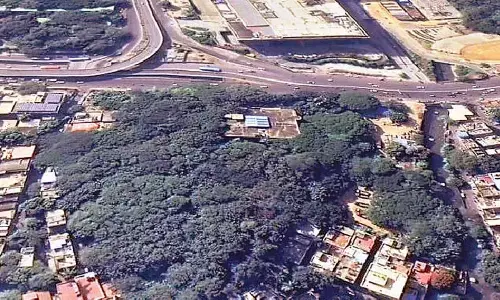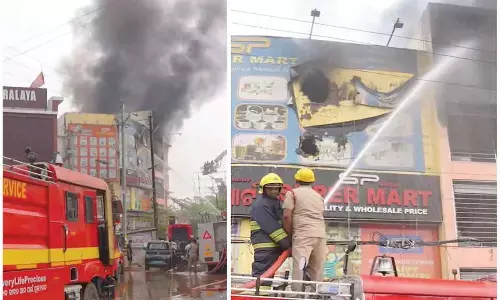World faces a triple health jeopardy
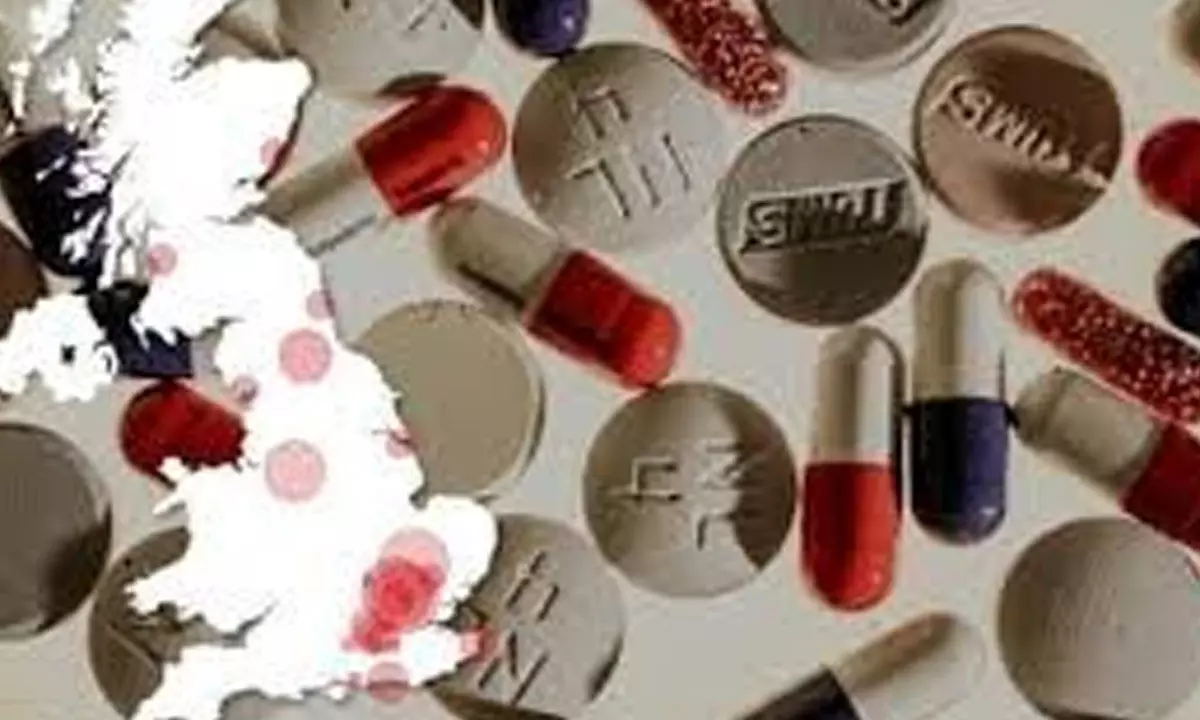
The post-Second World War 1940s saw mass production of penicillin — the first antibiotic, discovered in 1928 — and the world’s dependence on this line of medicines grew substantially. More discoveries were made in the decades that followed. But all this stopped by the 1980s. What then happened was not discovery of novel classes of antimicrobials, but reformulation of the same classes of drugs against which bacteria can develop resistance easily
As drug pipeline for new antibiotics dries up
It is time to look at antibiotics as global public good
We now know that antibiotics — medicines that we take in times of grave health dangers — are getting increasingly ineffective in killing the microbes that make us ill. This silent pandemic of antimicrobial resistance (AMR) is caused by overuse and misuse of antibiotics, which has made pathogens mutate and build defence mechanisms against these drugs. Today, AMR is taking lives. Estimates say that the inability of life-saving medicines to work has led to some five million deaths in 2019.
This is not all. Not only are we not conserving the existing stock of medicines, the drug pipeline for new antibiotics is drying up, or has done so already. Major pharmaceutical companies in the business of research, development and discoveries are opting out of this line of medicines. It would mean that in the years to come we are in for a triple jeopardy: One, the antibiotics we know today would be increasingly ineffective; two, there would be no new antibiotics available; and, three, there would be a critical need for access to these medicines for all. This is a dire health emergency — perhaps more serious than anything we have seen till date.
The post-Second World War 1940s saw mass production of penicillin — the first antibiotic, discovered in 1928 — and the world’s dependence on this line of medicines grew substantially. More discoveries were made in the decades that followed. But all this stopped by the 1980s. What then happened was not discovery of novel classes of antimicrobials, but reformulation of the same classes of drugs against which bacteria can develop resistance easily.
The problem is compounded because there are, what the World Health Organization (WHO) calls, “priority pathogens”. Most of these priority pathogens are Gram-negative bacteria that have complex cell walls and cause some of the worst infections in the world, including pneumonia. We need new classes of antibiotics to address these priority pathogens and we need them to be accessible to people across the world, even those who do not have the ability to pay the high cost of new drugs.
WHO’s annual review of antimicrobial agents in different stages of drug development reveals that in the past five years, only two of the 12 antibiotics approved can be considered novel; and of these, only one is targeting a “critical” priority pathogen. (WHO’s priority pathogens are sub-categorised into “critical”, “high” and “medium”).
What’s worse is that the drug pipeline is drying up, and fast. For the past few years, only one or two antibiotics have made it to the stage of new drug application. The future is even bleaker. There are just nine new drug candidates in phase 3 of clinical trials — the point before a drug can make it to the approval stage — and most of them do not target critical priority pathogens. The real irony is that this does not mean there is no research on novel antibiotics. The pre-clinical basket has over 217 antimicrobial possibilities. However, these are being developed not by large pharmaceutical firms, but in the back rooms of universities and small businesses. As per WHO, 80 per cent of the pre-clinical novel drug finds are in businesses with less than 50 employees. But as the drug moves up the ladder, the costs of development increase, and innovation falls through the cracks. So, why is Big Pharma not investing in R&D, or even taking the innovation from the small businesses to big markets, or using it to make big finds? Worse, why is Big Pharma getting out of the antibiotic business, when, as my colleagues in their analysis ask, they are making humongous profits through other drugs?
The reasons are both economic and moral. Pharmaceutical companies say the cost of development is high; there are risks and so forth. But the real reason is that there is much more profit in drugs that are used for treating diseases like cancer or diabetes. There is even more profit in doing research and bringing to the market drugs that are made for what are called orphan diseases — rare diseases that may afflict only a few million, but for which medicines are necessary and high-end. The moral issue is that the companies are exiting the critical antibiotic business when they are making record profits.
This desperate health emergency calls for game-changing solutions. What is being done today by G7 governments to incentivise companies to invest in novel antibiotics is important, but not enough. This class of medicines is defined by two imperatives. One, their usage has to be limited — misuse and overuse is what is creating the problem of AMR. These life-saving drugs must be conserved, which means careful, restricted use, even if less money is made in sales. Two, access to these medicines is to be ensured—this means that drugs will have to be affordable, which also limits the profit interest of pharmaceutical firms.
So, it is time to look at antibiotics as a global public good. This would perhaps mean new taxes — on profits of pharmaceutical firms — and creation of conditions that ensure public research is used for common good. We cannot fail, even if the markets fail.
(Courtesy: https://www.downtoearth.org.in/; Writer is Director General of
CSE and editor of Down
To Earth, an environmentalist who pushes for changes in policies, practices
and mindsets)


